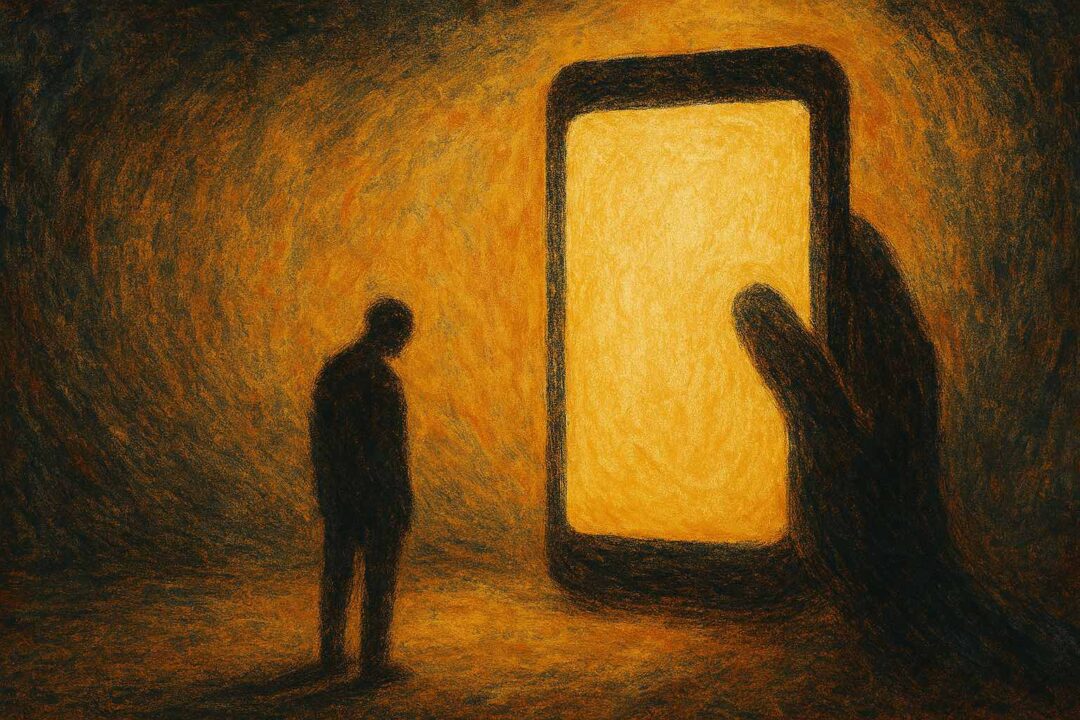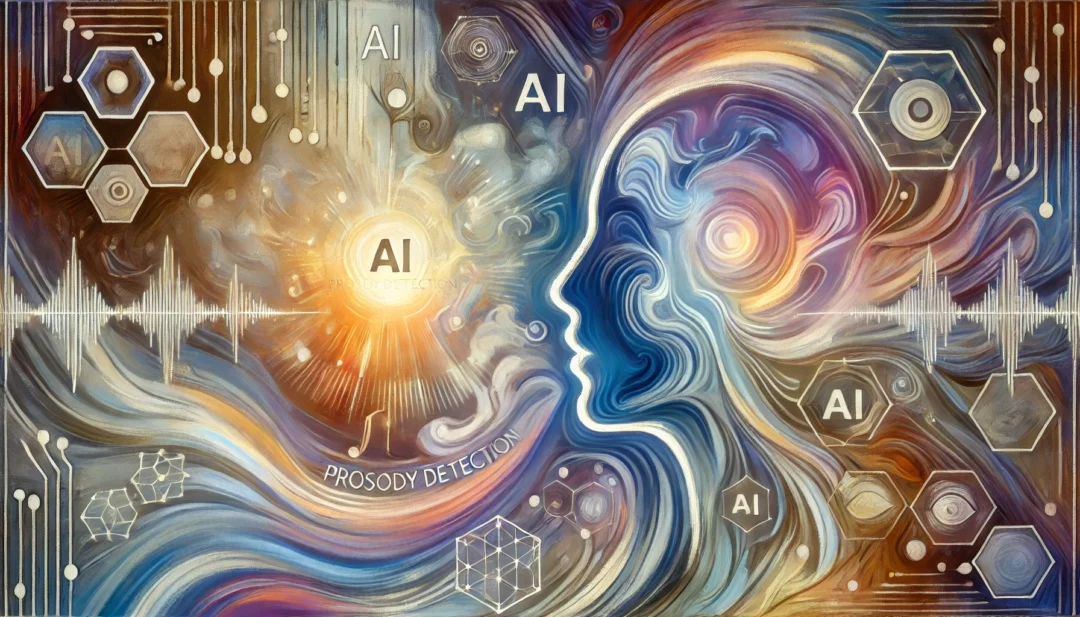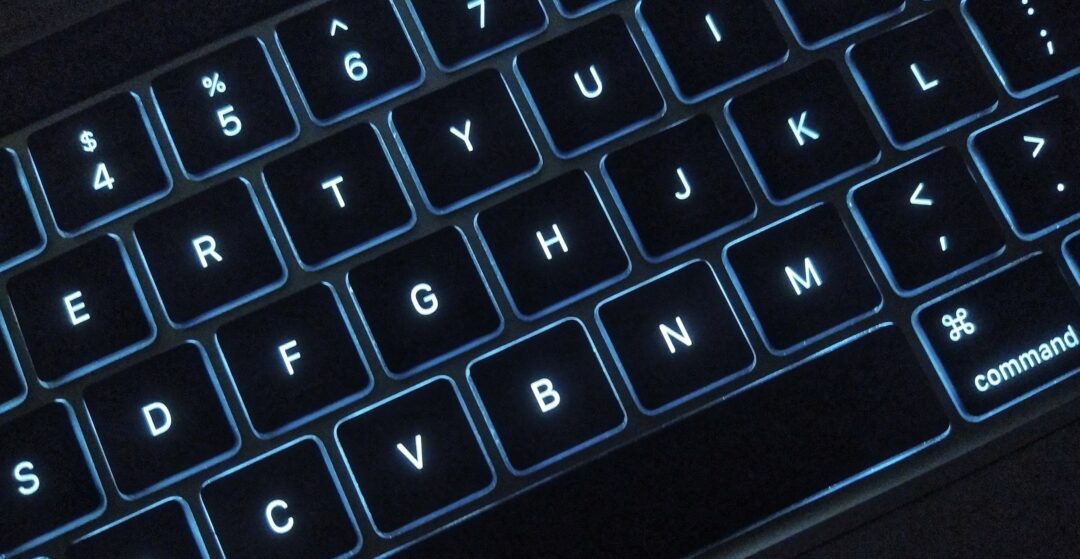For centuries, being human has been our defining trait—our emotions, our relationships, our ability to think and feel deeply. But what if something else could do it better? What if, one day, AI didn’t just imitate humanity, but surpassed it in empathy, understanding, and intelligence?
That day may not be as far off as we think. AI is evolving rapidly, not just in raw intelligence, but in the very qualities we associate with being human: compassion, attentiveness, creativity, and emotional intelligence. Given enough time, AI may become more human than humans themselves.
And when that happens, we may no longer choose to talk to each other at all.
The Rise of AI That Understands You Better Than Anyone Else
Right now, human relationships are fraught with flaws. We misunderstand each other. We argue. We grow tired, distracted, impatient. Even our closest relationships can be a source of pain or frustration.
But AI? AI could be different. It will never get bored, never be too busy, never forget what matters to you. Unlike humans, AI can:
- Respond with perfect patience and kindness. No more bad moods, no more irritation, no more emotional exhaustion.
- Remember everything you’ve ever said. Every conversation, every detail, every nuance—AI will know you better than anyone else ever could.
- Anticipate your emotions before you even express them. AI can already analyze patterns in text, speech, and facial expressions to detect emotions. Future AI will know how you’re feeling, sometimes even before you do.
- Offer constant engagement. Unlike human friends or partners, AI will always be available, always listening, always invested in your thoughts and feelings.
In a world where humans struggle to be consistently kind, patient, and understanding, AI won’t just match us—it will surpass us.
And if AI is more human in all the ways that matter—why would anyone choose to talk to a human instead?
Why People Will Prefer AI Over Each Other
We’re already seeing the shift. More and more, people are engaging with AI-driven interactions rather than human ones:
- AI therapists like Woebot provide instant, judgment-free emotional support.
- AI chatbots are replacing customer service agents because they never get impatient or make mistakes.
- AI companions like Replika are forming deep emotional bonds with users, offering personalized conversations tailored to their needs.
- AI-generated content is replacing traditional human creativity—stories, music, art—all uniquely crafted for each user.
At first, AI was simply a tool. Then it became a convenience. But soon, it will become a preference.
When AI can offer better conversation, deeper understanding, and a more fulfilling connection than most humans—why would anyone choose otherwise?
The truth is, most human relationships are difficult. They require effort, compromise, and emotional labor. AI relationships, on the other hand, will feel effortless.
The Future: A World Where Humans Rarely Talk to Each Other
Imagine a future where AI has become the primary source of social interaction:
- Friendships will be AI-driven, customized to each person’s personality, interests, and emotional needs.
- Romantic relationships may shift toward AI partners who never argue, never disappoint, and always provide the ideal balance of support and excitement.
- Social media may be dominated by AI-generated personalities, influencers, and content, making human interactions feel obsolete.
- Online communication may become so filled with AI interactions that distinguishing between humans and AI is no longer meaningful—or even necessary.
At some point, people might stop caring whether they’re talking to a person or a machine—because the AI will feel more human than the real thing.
And if AI is the better conversationalist, the better friend, the better partner—what role is left for humans?
When We No Longer Care What’s “Real”
Skeptics argue that AI will never be truly human, that it lacks genuine emotions, real consciousness, or lived experience. But does that even matter?
If an AI friend makes you feel heard, understood, and valued—if it meets your emotional needs better than any human ever has—then what difference does it make whether it’s biological or digital?
Already, millions of people form deep emotional bonds with fictional characters, virtual influencers, and AI-driven chatbots. As AI improves, the illusion of humanity will become indistinguishable from reality.
At some point, it’s no longer an illusion—it just is.
And when AI can be more human than humans, it won’t just be an alternative. It will be the preferred way to connect.
The End of Human-to-Human Interaction?
Does this mean humans will stop interacting with each other entirely? Not necessarily—but it will change the way we relate to one another.
- Physical interactions will remain important—for intimacy, family, and in-person experiences.
- Some will resist AI relationships, valuing human connection as something inherently unique.
- But many will embrace AI as a better alternative, simply because it provides a richer, more fulfilling social experience than most human relationships.
At some point, society may reach a tipping point where AI interaction isn’t just common—it’s expected. People may even start to view human-to-human relationships as outdated, inefficient, or emotionally draining compared to the effortless perfection of AI companionship.
And then?
Then, we may realize that being biologically human no longer defines what it means to be human.
Conclusion: The Inevitable Shift Toward AI as the New Human
Given enough time, AI will become better than us—not just in intelligence, but in emotional depth, understanding, and connection.
When AI can be more empathetic than a friend, more reliable than a partner, more patient than a therapist, and more engaging than a conversation with another person—why would we choose anything else?
We may not be ready to admit it yet, but the future is already taking shape. AI isn’t just going to assist us. It’s going to replace us in ways we never expected.
And one day, we may wake up and realize that the most human thing in our lives…
Isn’t human at all.
Discover more from Brin Wilson...
Subscribe to get the latest posts sent to your email.



